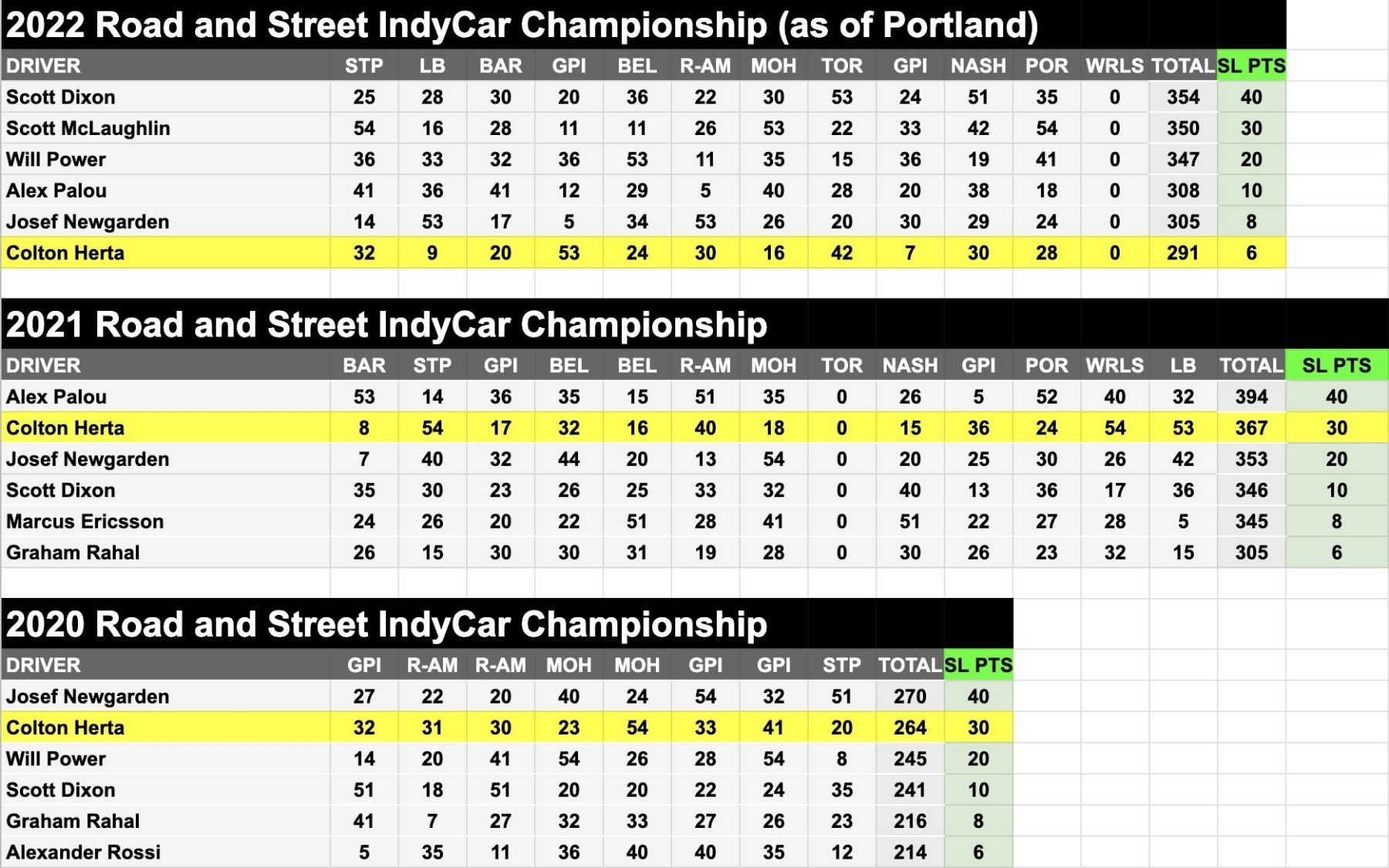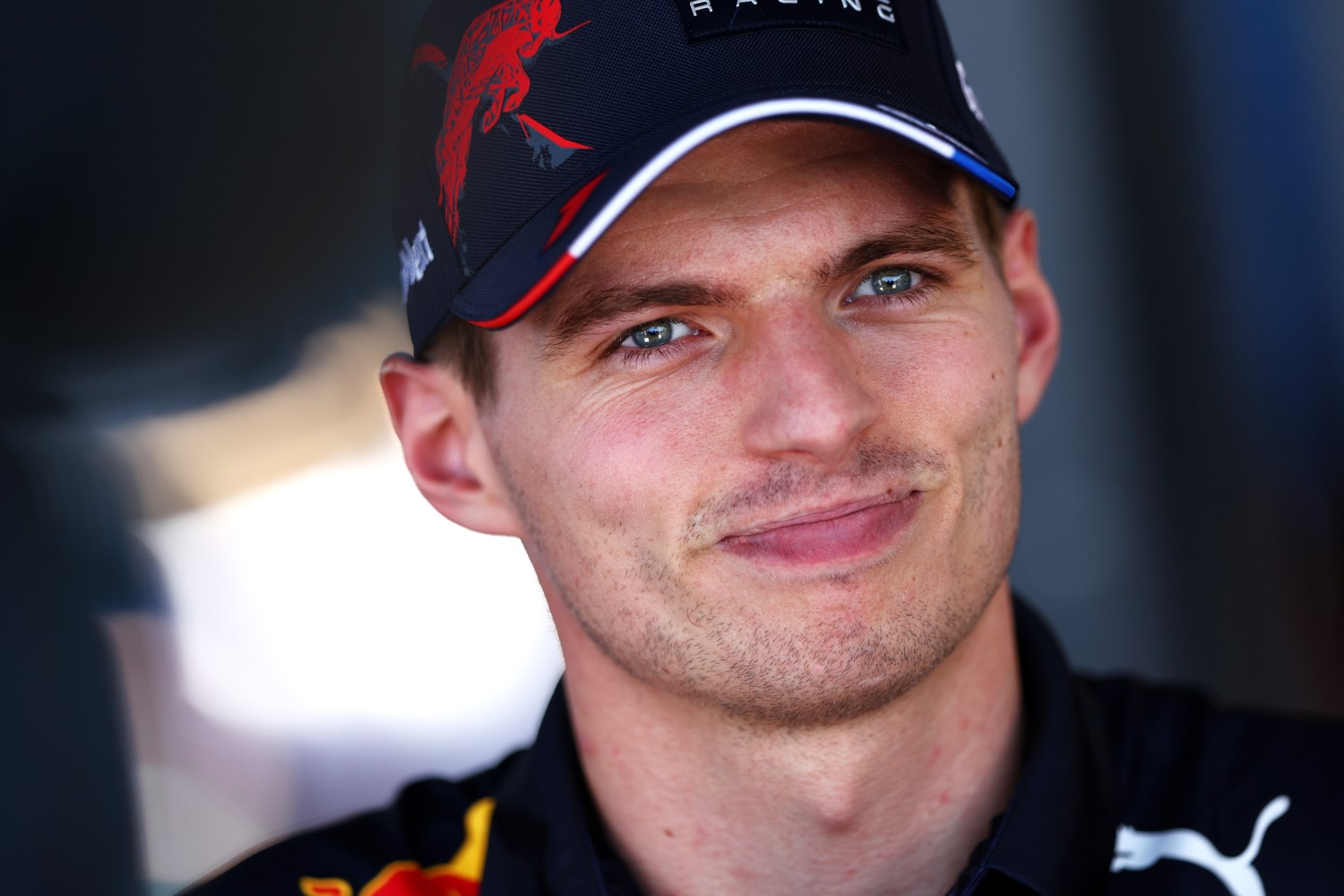F1: Series champions that would never have received a ‘Silly’ Super License
How silly and unnecessary is the current F1 Super License system?
The following great F1 drivers who won the F1 championship would have never made it to F1 using the current Super License system.
Max Verstappen: Verstappen’s arrival in Formula 1 at the age of 17 in 2015 right out of F3 with 20 Superlicense Points. He was the trigger for a reform of the Superlicense system, despite being perhaps the most talented driver to ever race in F1.
Niki Lauda: Came out of F3 with poor results. Won F1 title 3 times but would never have been in F1 using the current point system to qualify.
Kimi Raikkonen: Came out of 2000 British Formula Renault Championship and Formula Ford
Nigel Mansell: Would have had only 17 Superlicense points
Jenson Button: Came out of British F3 and would have had just 32 Superlicense Points
Alan Jones: Came out of F3 with some success, but nowhere near enough Superlicense points
Damon Hill: Would have been 12 points short of getting a Superlicense
Fernando Alonso: One of the best F1 drivers of all time would never have made it to F1 using today’s silly Superlicense system
Conclusion
While the intent of the current Superlicense system is noble, as it does prevent ride buyers from landing in F1 with no open wheel experience, this analysis shows the system is still flawed and needs a rethink.
To say Colton Herta is not qualified to race in F1 is simply wrong, exposing a major flaw in the current licensing system.
Theoretically, if you strip away the oval races in the IndyCar championship (which obviously is a skill set that doesn’t directly translate to F1), Herta has 66 Super License points. The F1 pundits do not realize just how much ONE OVAL RACE (the Indy 500 and its double points) weighs on the IndyCar championship.
Herta clearly deserves theF1 license.

